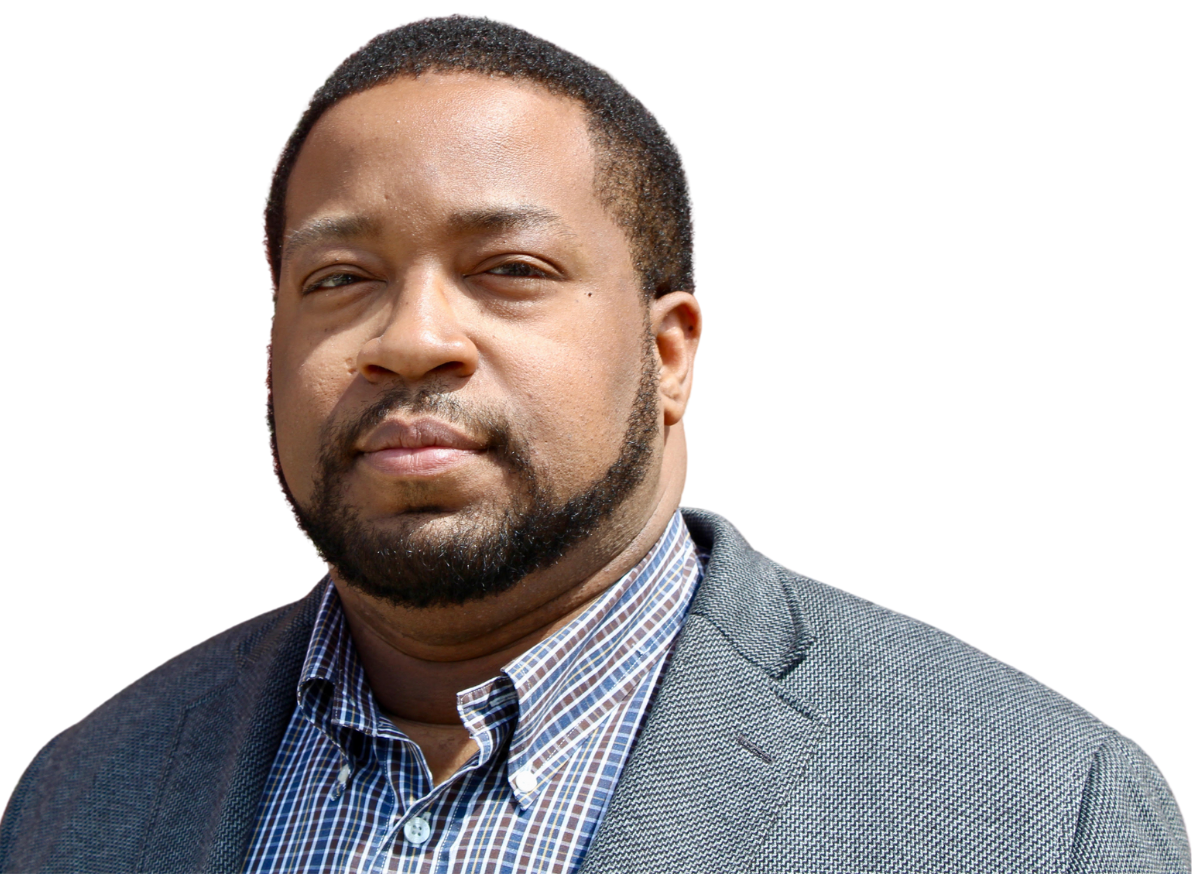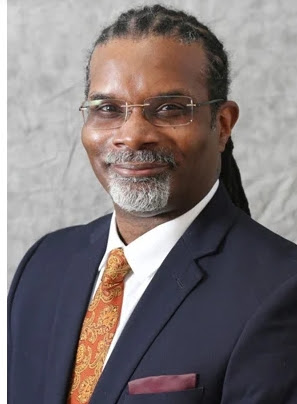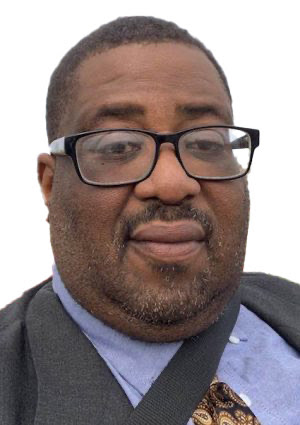6/11/2025

Historically Black Colleges and Universities (HBCUs) have long been pillars of opportunity, progress, and Black excellence—producing 20% of all Black college graduates, including 80% of Black judges, 70% of Black doctors, 50% of Black teachers, and a quarter of all Black STEM majors. Now, a groundbreaking new report reveals how these storied institutions are harnessing technology to chart a dynamic new course—transforming access, reimagining education, and reaffirming their historic mission of empowerment.
 Kristoffer Adams, report author
Kristoffer Adams, report authorTitled “How HBCUs are Using Technology to Improve Outcomes and Better Fulfill Their Mission,” the report by Kristoffer Adams, board member of the Black Legislative Leadership Network, is generating buzz across the academic world and beyond. Released during this week’s HBCU Caucus Convening in Nashville, the report underscores how HBCUs are expanding their reach through robust online learning platforms—and the results are inspiring.
📡 The Rise of Online Learning in HBCU Culture
With the growing demand for flexible, accessible education, HBCUs are embracing online learning like never before. By partnering with Online Program Managers (OPMs), HBCUs are launching high-quality virtual degree programs that meet the needs of a more diverse and non-traditional student population—including working professionals, military members, and rural learners.
“Online education has become a key solution,” says Adams. “It allows HBCUs to reach students they couldn’t before—without compromising the values or rigor that define them.”
 Dr. Kendrick Brown, Morehouse College
Dr. Kendrick Brown, Morehouse College
Dr. Kendrick Brown, provost and SVP of Academic Affairs at Morehouse College, illustrates this transformation firsthand. With help from an OPM, Morehouse now offers a fully online business administration degree, featuring over 20 courses and nearly 300 enrolled students—all while maintaining the school’s hallmark admissions and grading standards.
“We didn’t have the tech or infrastructure to begin with,” said Dr. Brown. “But now we’re offering a program that’s just as rigorous as our on-campus courses.”
 Hamil Harris,Morgan State University
Hamil Harris,Morgan State University🌐 Innovation Meets Integrity
The evolution isn’t just about convenience—it’s about excellence and inclusion. Veteran journalist Hamil Harris, who teaches online media literacy at Morgan State University, reminds us that online learning isn’t easier—it’s simply more accessible.
“This is not for the faint of heart,” says Harris. “There’s zero tolerance for cheating. You must bring the same ethics, energy, and intellect that you’d bring into a classroom.”
His students range from bankers and chemists to FBI agents and professional athletes—proof that HBCU online programs are attracting a broad, ambitious cohort of learners who trust these institutions to power their next chapter.
 Dr. Symone Campbell, Howard University
Dr. Symone Campbell, Howard University👩🏾💻 Building a Tech-Savvy, Justice-Minded Future
At Howard University, Dr. Symone Campbell is leading the charge in artificial intelligence and data ethics with a fully online Master’s in Data Science and Analytics. The goal? To diversify tech and ensure that future innovations reflect justice, equity, and community needs.
“We need more Black data scientists—people with lived experiences and a social justice mindset,” says Campbell. “Bias is built into today’s algorithms. We’re training leaders to dismantle that.”
Convenient evening courses allow professionals to upskill without sacrificing their careers, offering a powerful example of how HBCUs are adapting while staying true to their mission of educating the underserved.
🔄 Technology Breathing New Life Into Institutions
Perhaps one of the most remarkable success stories is Morris Brown College. Once stripped of its accreditation, the Atlanta-based HBCU has made a historic comeback. According to President Dr. Kevin James, online learning played a pivotal role in its resurgence.
“The fact that we’re still here is a miracle in itself,” says James. “Online programs have been essential in helping us rise again.”
🔮 Looking Ahead: Technology as Liberation
Adams envisions an even more expansive future. “The ultimate benefit,” he says, “is that the Black community now has the tools to reimagine how we pursue education. We’re unbound by geography or traditional schedules. We can invest in our families and ourselves—on our terms.”
As technology continues to evolve, HBCUs are leading the charge—not only modernizing higher education but making it more just, inclusive, and empowering than ever before.
📢 At Houston Style Magazine, we celebrate institutions that innovate with purpose. HBCUs are not only preserving their legacy—they’re shaping a future where technology meets justice and opportunity. Share this story to uplift the movement.
